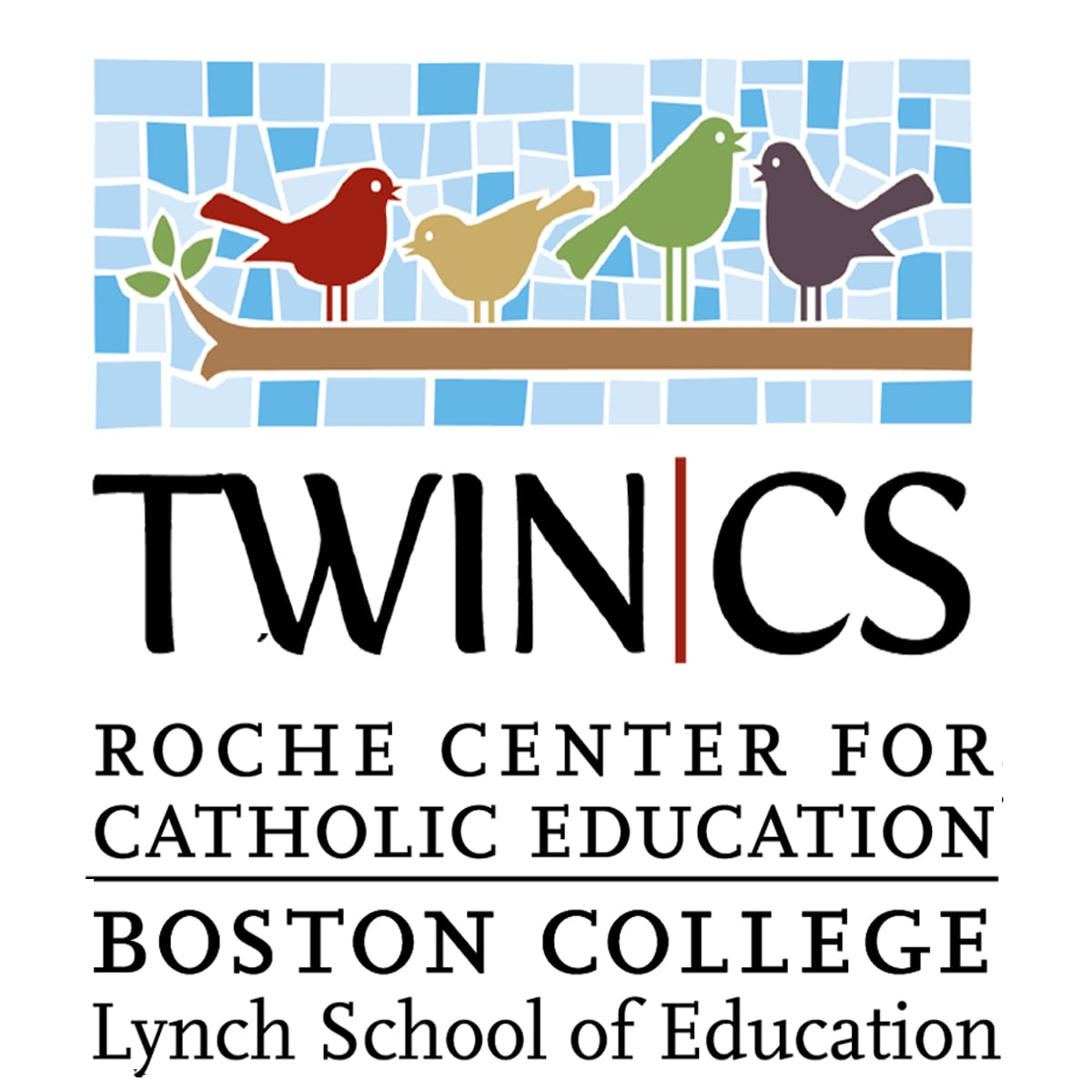A recent publication by CNN, co-authored by Jane Carr and Jhodie-Ann Williams, pays tribute to multilingual and multicultural speakers from all over the world. The article titled “I fell in love with this language… on ‘Sesame Street,’” discusses globally submitted stories by avid readers who share everything from how they learned a second language to how they found their native languages after years of disuse. Each story is incredibly intimate, bringing personal linguistic histories to the forefront of discussion.
The readers who submitted stories were inspired by Reyna Grande’s February article. Grande, author of her memoirs “The Distance Between Us” and “A Dream Called Home,” shares a deeply personal story about losing her native language and almost losing her mother. Her narrative moved readers to share their own stories about language, including Arabic, Japanese, Chinese, Italian, Tamil, Belarusian, Shona, German, and Spanish.
Grande talks about her experience in the U.S. schooling system after leaving Mexico. When Grande entered the U.S. schooling system, she felt “invisible” because she couldn’t speak English. Because she felt invisible, she threw herself into learning English and only English, but in only learning English, it “drove a wedge between her and her Spanish-only-speaking mother.”
Such stories are commonplace in this article – many heritage language speakers felt the need to “give up” their home languages in the hope of assimilation into U.S. schools. Yet, many submissions also discuss that their “mother tongue was a formative connection — sometimes tenuous, sometimes lost, other times cherished — between [oneself and one’s] family, especially… parents.”
As the article reflects, recent U.S. census data speaks to the immense diversity in the U.S. with “at least 350 languages were spoken in homes across the United States.” The article concludes by remarking on the importance of these stories in light of a “cultural moment when borders and identity are flash points in national and global politics, languages are profound and intimate markers of both.”
To read the complete article and access each story, please click here.

